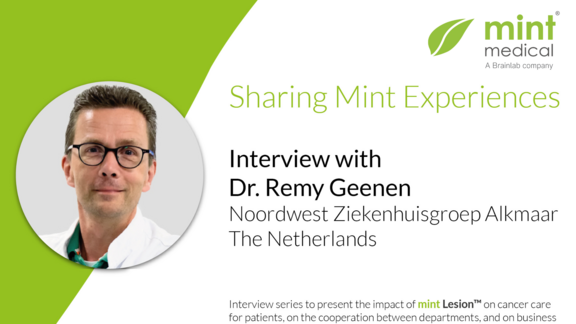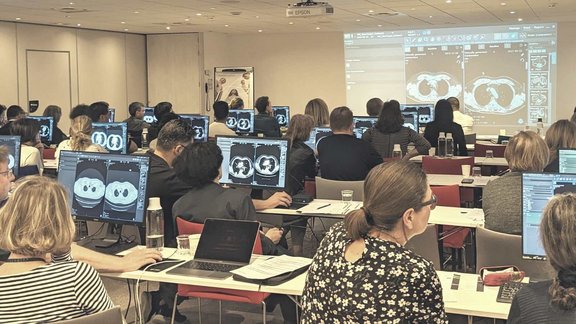Brain cancers account for more than 15% of childhood cancers and are the second most common childhood cancer [1].
Mint Medical is Going Gray in May to mark Brain Tumor Awareness Month in May, and we're shedding light on the pivotal role of technology in combating childhood cancer brain tumors.
Advancements in modern technology, especially in medical imaging, have substantially improved the assessment of therapy response and post-treatment disease monitoring in childhood cancer. However, despite these advancements, challenges persist, hindering the full realization of progress in childhood cancer research.
At Mint Medical, we're dedicated to accelerating progress against childhood cancer. That's why we're proud to offer a portfolio of specialized radiology and clinical data response evaluation read templates. These templates support the assessment of conventional therapies, immunotherapies, and innovative treatment mechanisms across various childhood cancer types.
Our mint Lesion™ platform provides standardized evaluation and structured data reporting, essential for advancing pediatric cancer research. From High-Grade Glioma, Low-Grade Glioma, Diffuse Intrinsic Pontine Glioma (DIPG), Ependymoma to Sarcomas and beyond, our templates offer comprehensive support for solid tumor indications.
What sets mint Lesion™ apart is its versatility. While supporting traditional diameter-based 2D measurements, our platform also facilitates volumetric measurements, tumor growth modeling, and the concurrent extraction of radiomics during any evaluation. Advanced import/export capabilities of DICOM annotations (e.g., NRRD, DICOM SR, DICOM segmentation objects) ensure full data liquidity for AI and machine learning applications.
By capturing and integrating all information into a digital patient model, our "minted" radiology reports provide a comprehensive artifact of image evaluation results. This empowers physicians and patients with detailed insights to guide treatment decisions and validate evaluation measures.
With mint Lesion™, no data is left behind, ensuring clinicians have the information they need to drive childhood cancer research forward. Join us in our mission to make a difference in the fight against childhood cancer.
[1] American Childhood Cancer Organization (ACCO): www.acco.org/brain-cancers/



